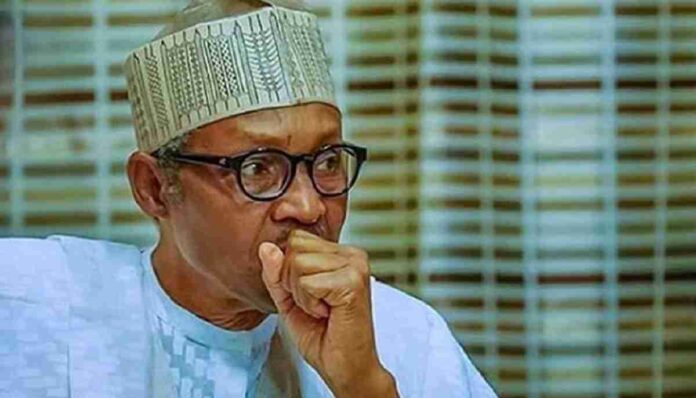FG to Pay N4trn Subsidies, Buhari Seeks Budget Review
With the Russia-Ukraine war putting pressure on global oil prices, Nigeria will now require some N4 trillion for subsidies payments in the fiscal year 2022. In a letter written to the House of Representatives, President Muhammadu Buhari requested the Parliament to approve a request to borrow an additional N965.42 billion from the domestic debt market to cover a wider budget deficit in 2022.
The federal government expects the 2022 budget deficit to rise to N7.35 trillion or 3.99% of GDP from N6.39 trillion, according to the letter, said the wider deficit is necessitated given the elevated subsidy costs given the decision to suspend the removal of PMS subsidy.
In March, Debt Management Office raised $1.25 billion from the international debt capital market to augment government finances amidst fiscal slippage driven by weak crude oil production, falling behind the Organisation of Petroleum Exporting Countries (OPEC) quota.
Subsidies payments have always been subjected to debate in Nigeria. Before the present administration took over power in 2015, as opposition, subsidies payments were considered a scam.
But reality has dawned on the ruling party as a lack of institutional capacity to implement reforms exposed the real situation that shows there is a wide gap between local price and market going rate of premium motor spirit (PMS).
After pressures from stakeholders including the labour Union, Nigeria postponed the implementation of the long-awaited Petroleum Industry Act early in the year. The Act seeks to eliminate subsidies within six months but stakeholders called for postponement due to weak macroeconomic condition
Critics said the removal of subsidies payments will affect both the cost and standard of living of the people. According to data from Petroleum Products Pricing Regulatory Agency, landing cost has already outpaced pump price, thus creating the need to bridge the price gap.
President Muhammadu Buhari, during the week, asked lawmakers for adjustments to budget variables citing global developments that could impact the spending plan while requesting extra funds.
Federal Government had projected about N3 trillion for the year. In a letter to lawmakers, Buhari cited a spike in oil prices, worsened by Russia’s invasion of Ukraine in February, and lower crude production at home.
With rising oil prices, petrol subsidies had been estimated to cost up to $7 billion a year, now it has surged by more than 37% to $9.6 billion. “The decision to suspend the removal of petrol subsidy at a time of high crude oil prices have elevated the subsidy cost,” Buhari said in the letter.
Buhari asked lawmakers to raise the 2022 oil price benchmark to $73 per barrel from $62, cut the projected crude production by 283,000 barrels per day and the cost of federally funded upstream projects.
The federal government January reversed a pledge to end its subsidies then, and instead extended them by 18 months to avert any protests in the run-up to the presidential elections next year. READ: FG to Use Eurobond Cash, Borrow More to Pay Subsidies
The budget deficit is likely to rise to 7.35 trillion or 3.99% of GDP, Buhari said, and that the increment will be funded by new borrowings from the domestic market. The deficit was originally set at 3.42% of GDP.
Nigeria raised $1.25 billion in Eurobonds last month, at a premium to similar tenors, as it sought to find cash to fund its costly petrol subsidy scheme in the face of limited oil revenue.
Nigeria is Africa’s largest crude exporter. Oil exports account for more than 90% of the country’s foreign exchange earnings and 70% of government revenue, according to the International Monetary Fund. #FG to Pay N4trn Subsidies, Buhari Seeks Budget Review












